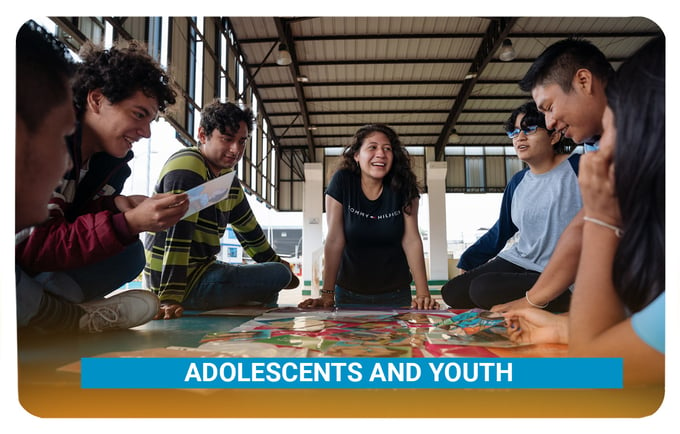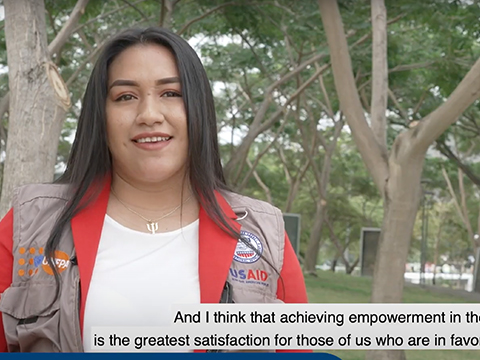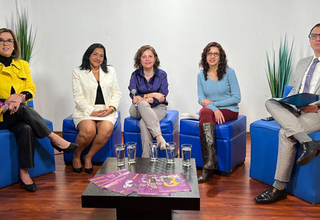UNFPA works with the goal that each young person reaches his or her maximum potential, at the center of this work is guaranteeing the rights of those who live in conditions of greater vulnerability and exclusion.
The strategies are aimed at:
- Promoting the participation, organization and leadership of adolescents and young people who are the most marginalized and vulnerable such as, Afro-descendants and indigenous adolescents and youth, people with disabilities, gender diversity (LGBTIQ+), living in border areas, conflict or in contexts of human mobility.
- To make visible and prioritize the needs and suggestions from and for adolescents and young people.
- Generating evidence to promote the investment and development of sustained adolescent and youth programs.
- Strengthening public policies on adolescents and young people, with emphasis on guaranteeing sexual and reproductive rights, prevention of gender-based violence, forced early unions, and teenage pregnancy.
- Promoting and strengthening the implementation of comprehensive sexuality education and strategies to eliminate barriers to access to comprehensive sexual and reproductive health services, including HIV and STIs.
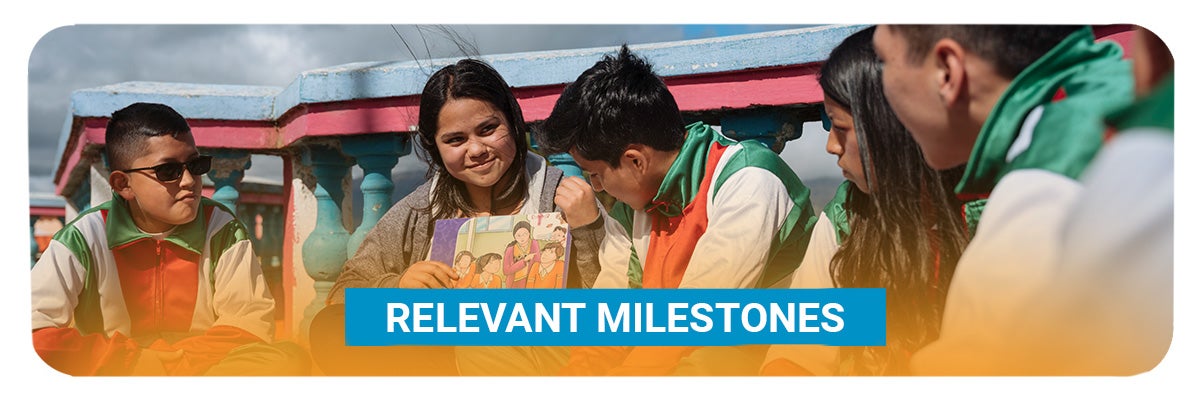
- Strengthening national and Northern Border institutional capacities for the implementation of comprehensive sexuality education in and out of school, and improving access to quality comprehensive sexual health, reproductive health, and gender-based violence services in both development and humanitarian contexts.
- Technical assistance for the preparation of the National Census and National Surveys, as well as for the II National Youth Study that contributes to the National Youth Agenda.
- Research related to: access to services, HIV, gender-based violence, early marriages, teenage pregnancy and its relationship with suicide in border contexts.
- In the context of COVID-19, it has been possible to expand and strengthen the organizational spaces for young people and broaden participation to diverse populations at the national level, with emphasis on the Northern Border.
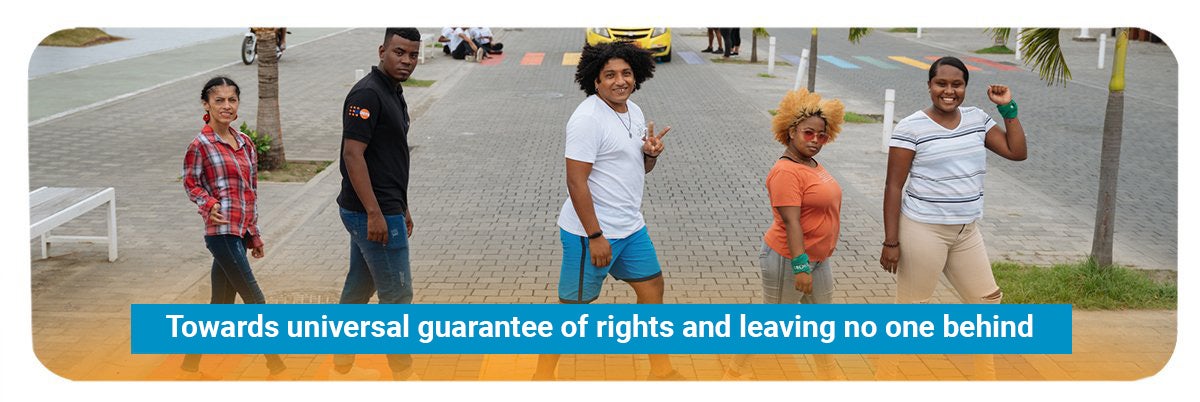
Supporting MoVIHlízate (a platform for youth living with HIV) to implement their educational communication strategy and update their advocacy agendas in COVID-19 contexts.
Participation of young people with disabilities, LGBTIQ+, afrodescendents, indigenous, in the contexts of human mobility who residing in border areas with greater access barriers, in the construction of innovative proposals to prevent gender-based violence and promote sexual and reproductive rights.
